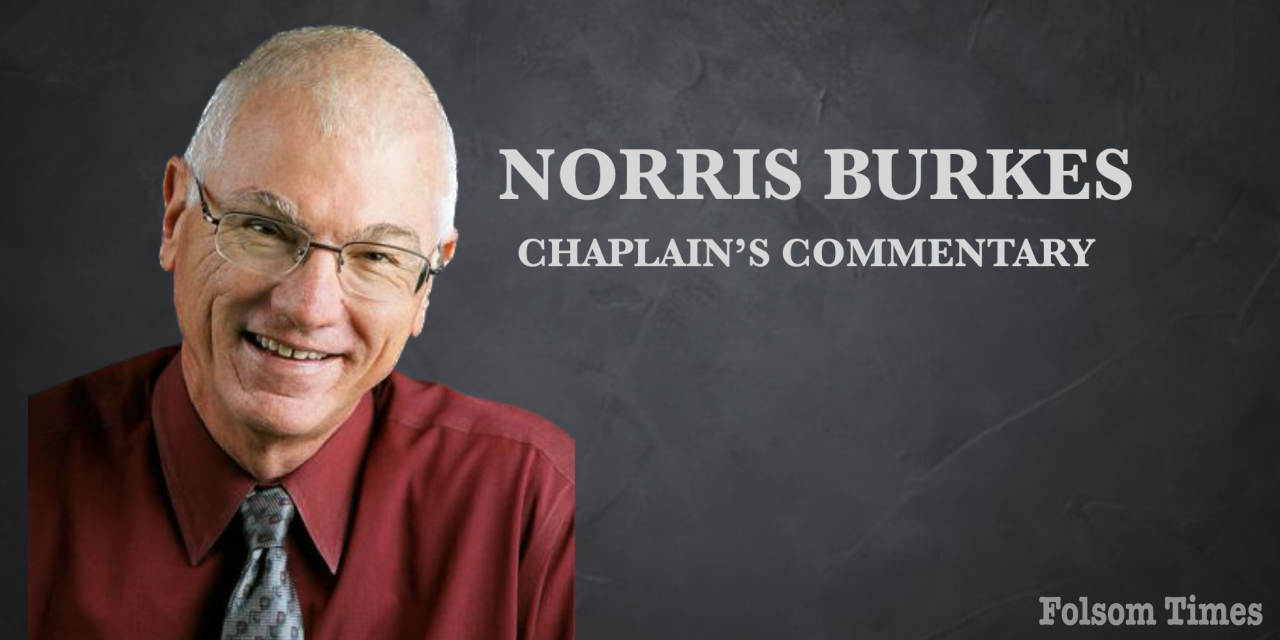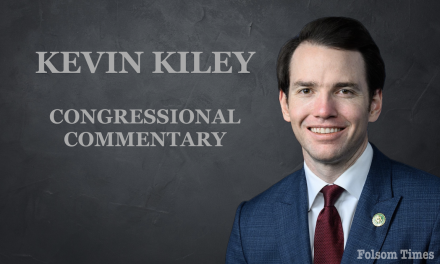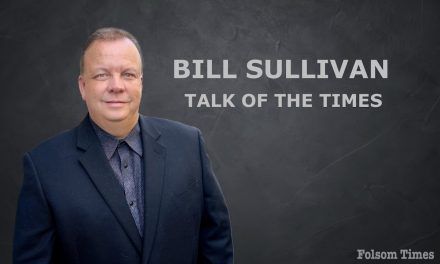I can hardly attend a Memorial Day service without remembering the true cost of war.
It is a cost I learned to count while serving as the chaplain on death notification teams that delivered news no one wanted to hear.
Movies often depict these teams visiting a three-bedroom house where Mom is making dinner and Dad is helping a younger sibling with homework.
Television dramas cast the teams in a four-man role as they approach the door in dress uniforms, knock, deliver a brief announcement and then retreat to a government sedan.
Occasionally, that’s an accurate picture, but that wasn’t my usual experience in the 30-plus homes I visited before I retired in 2015.
That’s because our servicemembers come from all socioeconomic and racial backgrounds. That means that nearly every one of my visits was different from the last one.
For instance, during one appointment, we almost called for police support when an anguished father pummeled the kitchen table so hard that I thought we’d be his next targets.
Fortunately, we didn’t have to call the police that time, but we did call law enforcement for help with an uncooperative landlord. Unbelievably, the man refused to give us the forwarding address of a tenant who had lost his daughter on Christmas Eve.
On the occasions we found the home unoccupied, we asked neighbors if they knew the current location of the residents. While they answered our questions politely, they curiously asked us if we were recruiters.
Our blank stare gave them the only answer possible. They slapped a hand over their mouth at the unspoken horror of their next guess.
Still, each family was unique. In one home, I answered insensitive questions from a soldier’s stepfather about life insurance while his mother bent over sobbing. In quite a different scenario, I resisted the nausea I felt from a cat hoarder whose home was covered with feline fecal droppings.
One visit began like a police stakeout as we hoped for the parents to return before our military orders required us to make a midnight retreat. Then, just before midnight, the soldier’s parents returned from a winning bingo game to discover they’d experienced the loss of a lifetime.
As I attend our local Memorial Day service this year, I’ll be remembering the time I drove six hours to tell a father there would be no miraculous recovery for his son. After nearly a year of praying, the soldier finally died of the brain injury he’d received in an IED explosion.
But most of all, I think I’ll recall the children of the fallen. I will remember the birthday party we canceled when we told the boy his father drowned. I’ll never forget 9-year-old twins who exchanged vacant stares as our team was legally required to deliver the notification directly to them.
In short, I’ll consider all the dark sidewalks I walked until we were illuminated by porch lights. Often from behind a fluttering living room curtain, we’d hear screams that can’t be removed from my brain.
If you’ve not known anyone lost to war, then count yourself fortunate.
And on this Memorial Day, as you see the old soldiers standing on the parade sidelines, you should know that they are not blessed with the innocence of ignorance. They know what it’s like to see a comrade fall.
All they ask this Memorial Day is that you attend a service, sing “God Bless America” and extend to them a grateful hand.
And one more thing.
With all your heart, promise them that you will never forget the true cost of war.




